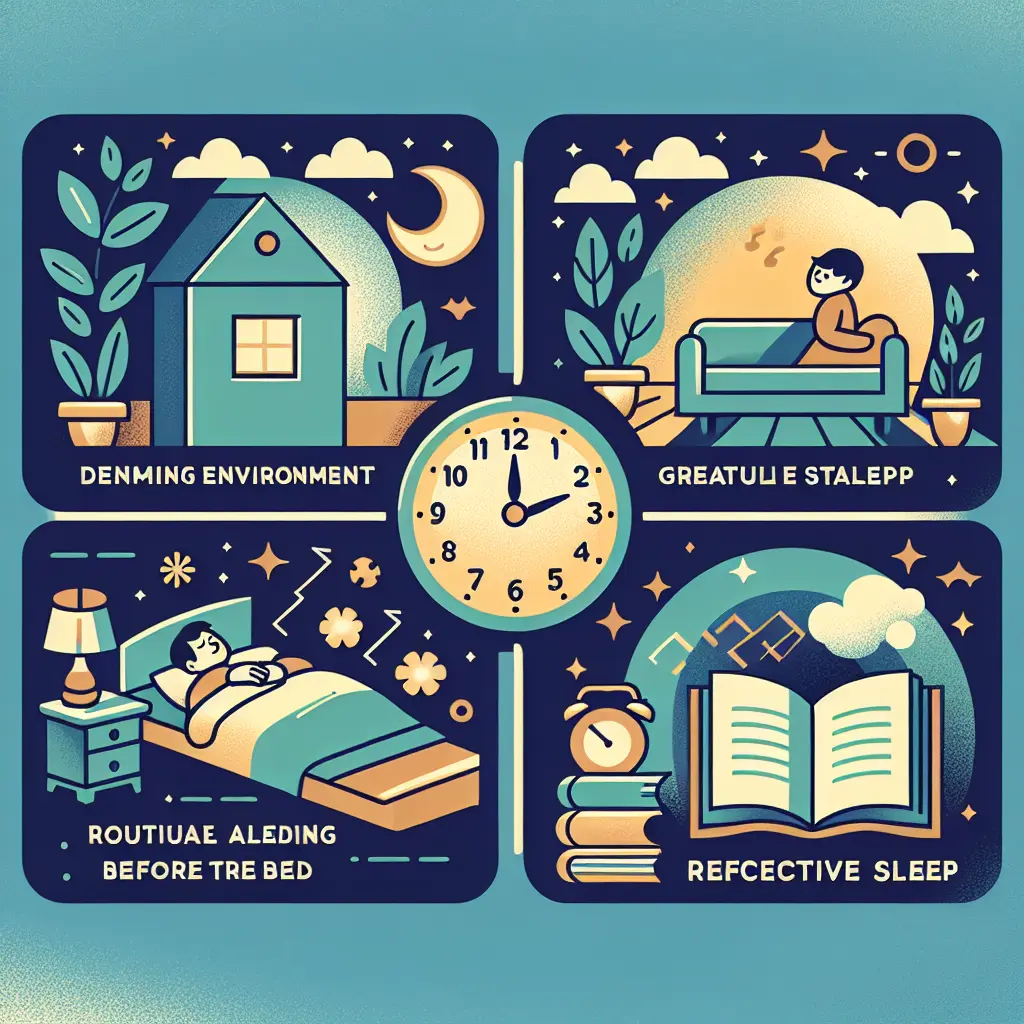
Struggling to fall asleep due to anxiety? You're not alone.
Sleep is a vital component of our overall well-being, but anxiety can often stand in the way of a restful night. Whether anxiety is preventing you from falling asleep or the inability to sleep is heightening your anxiety, finding a way to break this cycle is crucial. Here are four effective tips to improve your sleep hygiene and ease sleep-related anxiety.
1. Create a Calming Bedtime Routine
Establishing a consistent and soothing bedtime routine can signal to your brain that it's time to wind down. Consider activities such as:
- Reading a book: Choose something light and engaging, avoiding intense or thrilling material that might stimulate your mind.
- Taking a warm bath: The warmth can relax your muscles and help you transition into a more restful state.
- Practicing relaxation exercises: Techniques like deep breathing or gentle yoga can calm the mind and body.
2. Optimize Your Sleep Environment
Your sleep environment plays a significant role in how well you sleep. Aim to make your bedroom a sanctuary for rest by:
- Keeping the room cool and dark: Ideal temperatures for sleep typically range between 60-67 degrees Fahrenheit.
- Investing in comfortable bedding: High-quality mattresses and pillows can significantly impact your comfort level.
- Minimizing noise and distractions: Consider using white noise machines or earplugs to drown out disruptive sounds.
3. Limit Screen Time Before Bed
The blue light emitted by phones, tablets, and computers can interfere with your body's natural sleep-wake cycle. Try to:
- Avoid screens at least an hour before bed: Instead, opt for non-screen activities like journaling or meditating.
- Utilize night mode settings: If you must use devices, switch them to night mode to reduce blue light exposure.
4. Manage Daytime Stress
Handling stress during the day can help reduce nighttime anxiety. Consider the following strategies:
- Regular exercise: Engaging in physical activity releases endorphins, which can improve mood and decrease stress levels.
- Mindfulness practices: Techniques such as meditation or progressive muscle relaxation can help center your thoughts and reduce tension.
- Time management: Organizing your day and setting realistic goals can prevent feeling overwhelmed.
By incorporating these strategies into your daily routine, you can create an environment conducive to better sleep hygiene, ultimately reducing anxiety and enhancing overall quality of life.
For more insights on overcoming sleep anxiety, you can explore the full article here.
Remember, good sleep hygiene isn't just about falling asleep—it's about cultivating habits that promote restful and rejuvenating sleep over time. Sweet dreams!
Rest well and take care,
Ethan Wallace